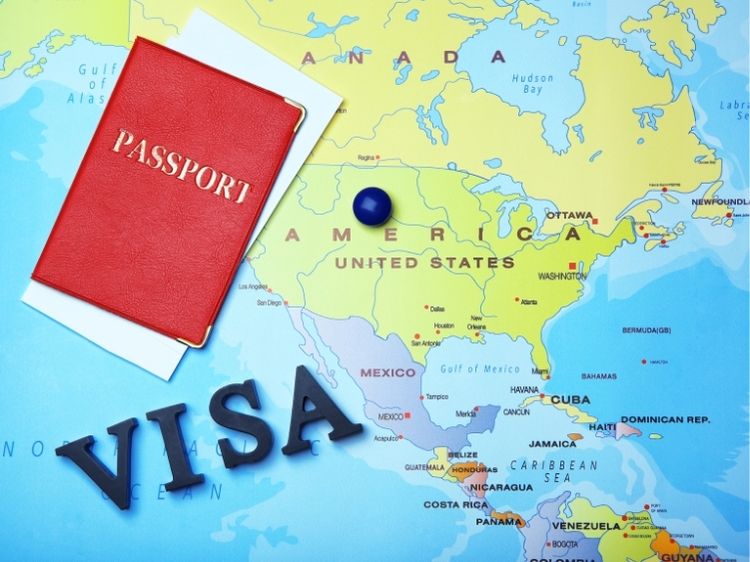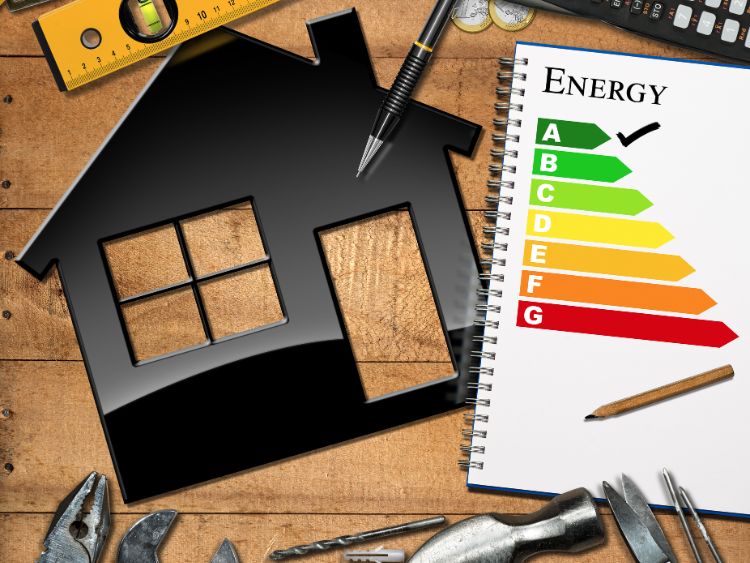Common travel expenses you may be able to claim include air, bus, train & taxi fares. If you use a road vehicle designed to carry a load of one tonne or more, or nine or more passengers, use a motor cycles, incur bridge/road tolls, parking, car hire fees, meal expenses or accommodation expenses whilst away overnight for work then you have incurred travel expenses.
You cannot claim a deduction for costs associated with travel to and from work however if the travel is from one job directly to a second job you can claim a deduction for costs incurred for that leg of the travel. Travel from the second job to home is not deductible.
You can claim a deduction for costs incurred travelling from your usual place of work to another location for the same employer, for example to a clients premises while still on duty then back to your usual work place or directly home. In this case you can claim the cost of travel to another work location and the cost of returning to your usual workplace or the cost of going straight home. Travel to and from locations for the purpose of study is not covered here as these are claimed under ‘Self Education Expenses’.
Generally parking fees and tolls can only be claimed where there is also a deduction available for the travelling expense, there are a few exceptions to this rule and you can view these on the ATO website.
The treatment of overnight travel for work is varied depending on an individual’s circumstances.
For an employee, this is where they undertake the travel for an activity which is directly related to their income earning activities as an employee. For a business person (sole trader etc) the expense must have been necessarily incurred for the purpose of producing assessable income.
For travel within Australia, no written evidence and no travel records are required if the employee receives a travel allowance and claims no more than the amount considered reasonable by the Tax Office.
If the employee is travelling for 6 nights or more a travel diary or similar must be maintained for travel within Australia or overseas
If no travel allowance is received, or the claim is more than the amount considered reasonable by the Tax Office all travel expenses claimed must be supported by written records. It is always advisable to keep a diary if travelling overseas, or if you are away for any period of time. Records, such as the date and time of meetings, business cards of people attending the meetings etc always help to substantiate any travel claim.
Les Coulcher is the principal owner of Coulcher’s Personal Accounting [http://coulcher.com.au] & Taxation Services, the Premier accounting firm in Camden and he believes his staff offer the best personal accounting and taxation services in the region. The business consists of five qualified accountants and support staff.


